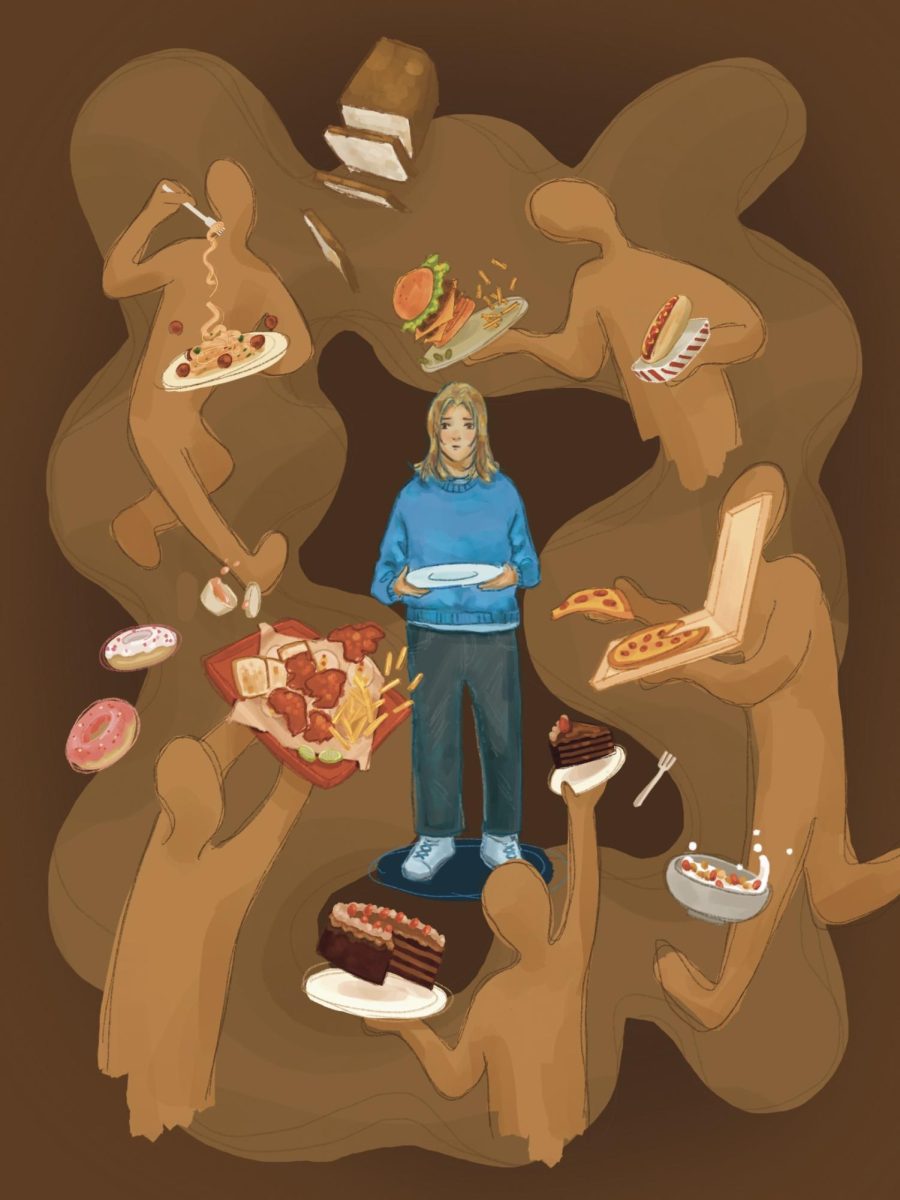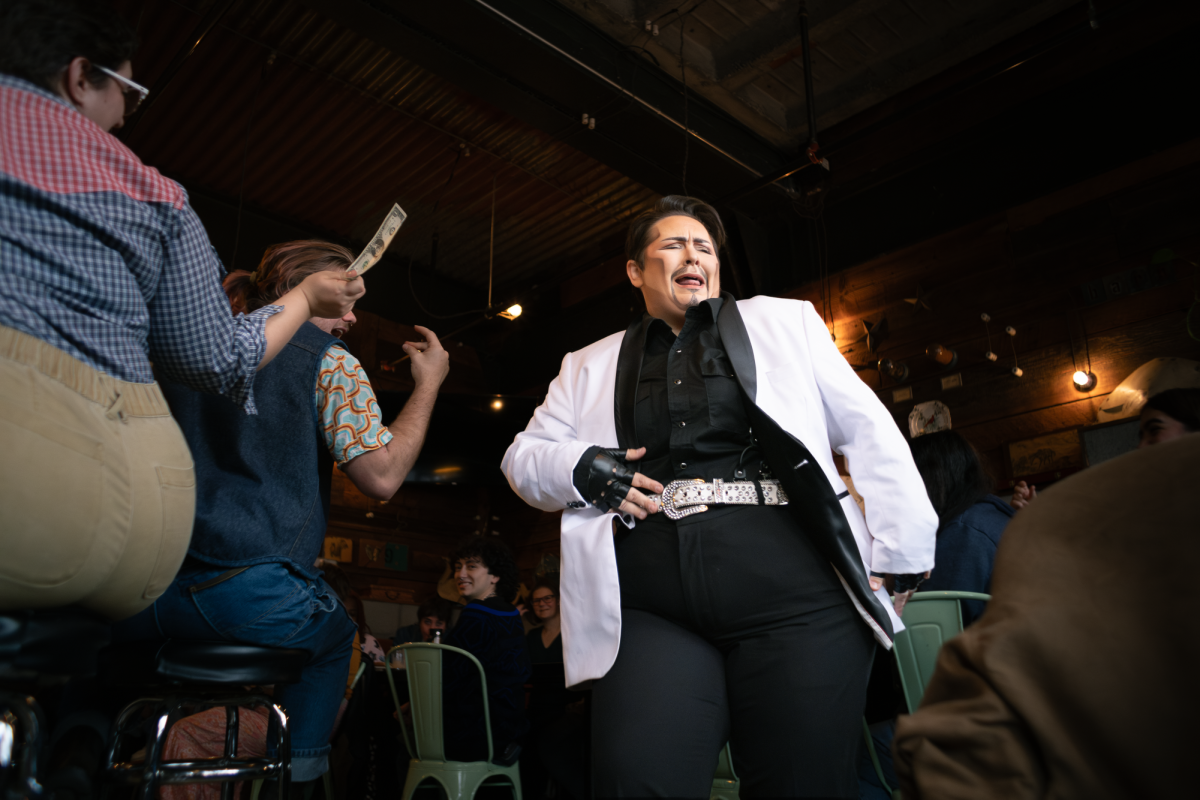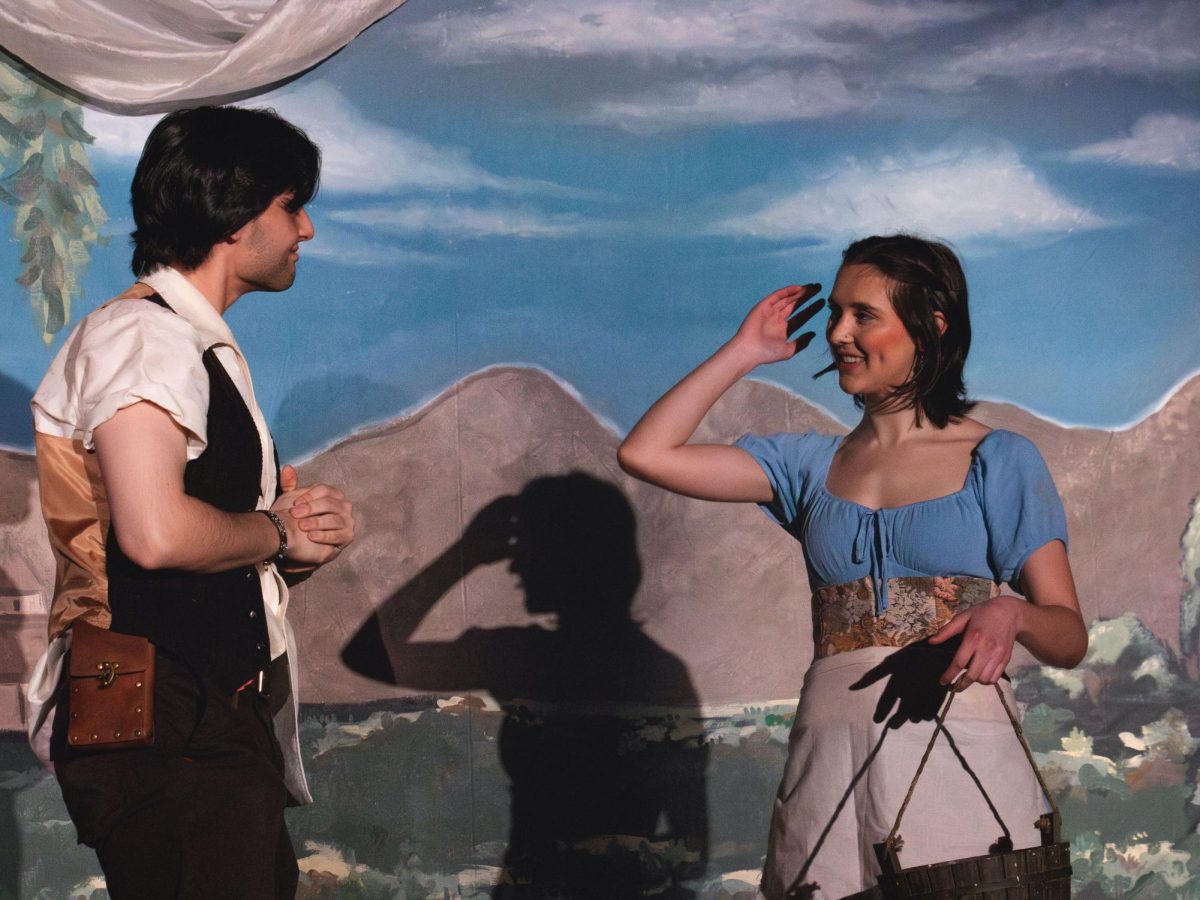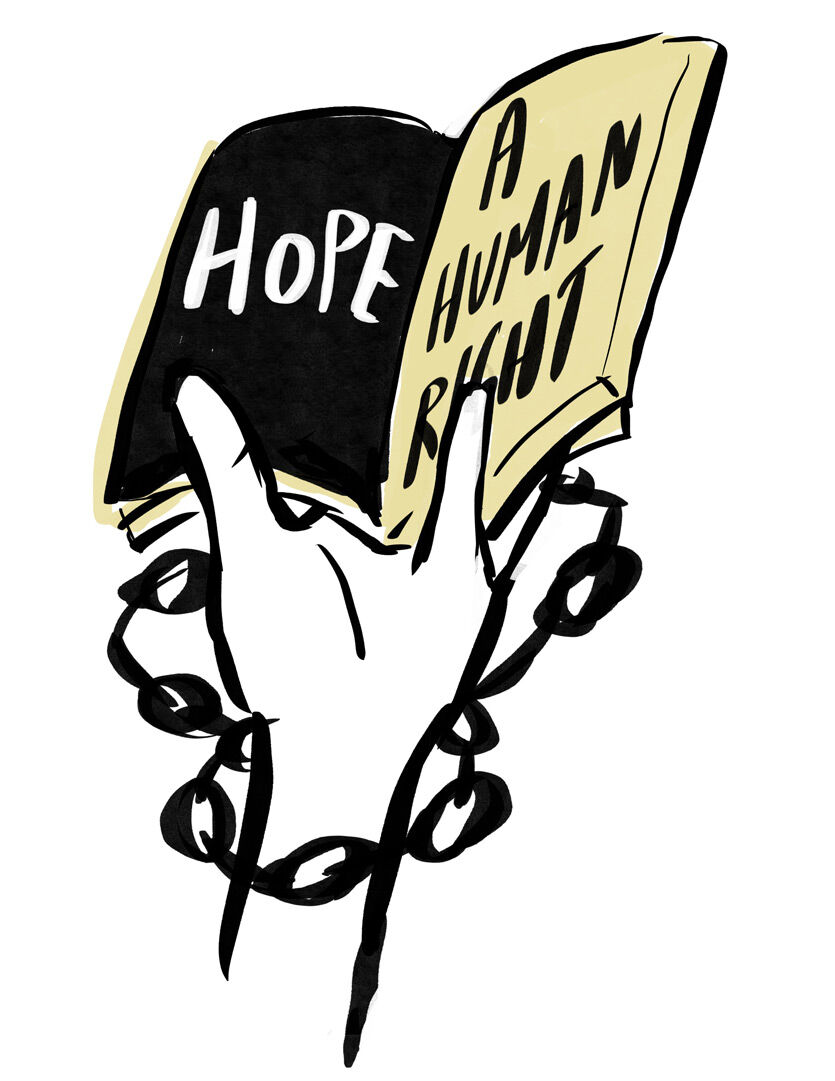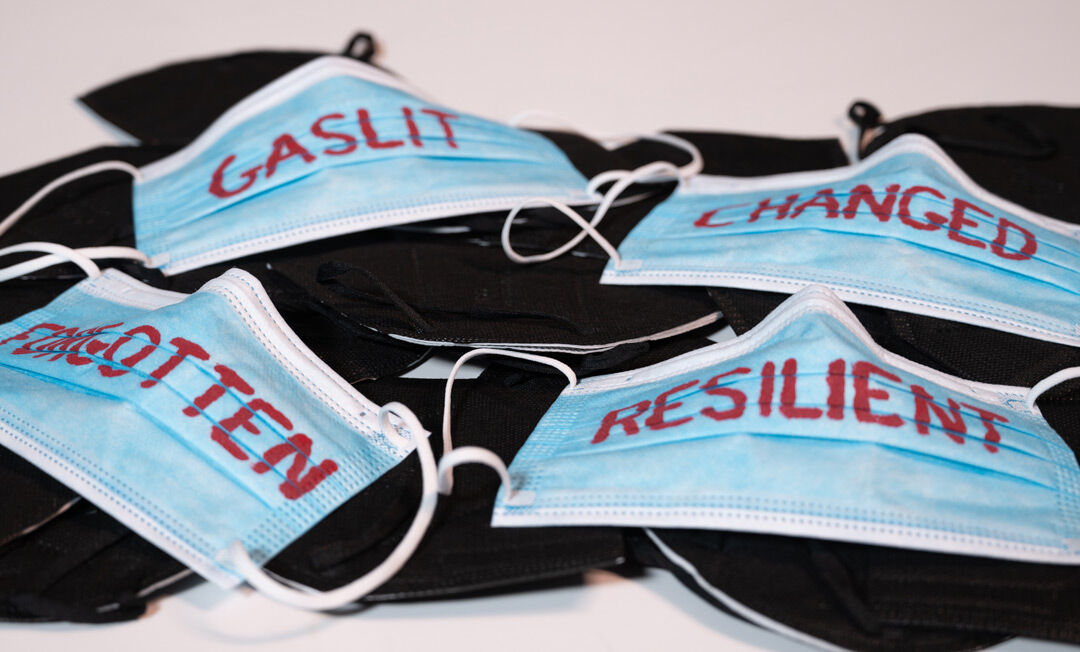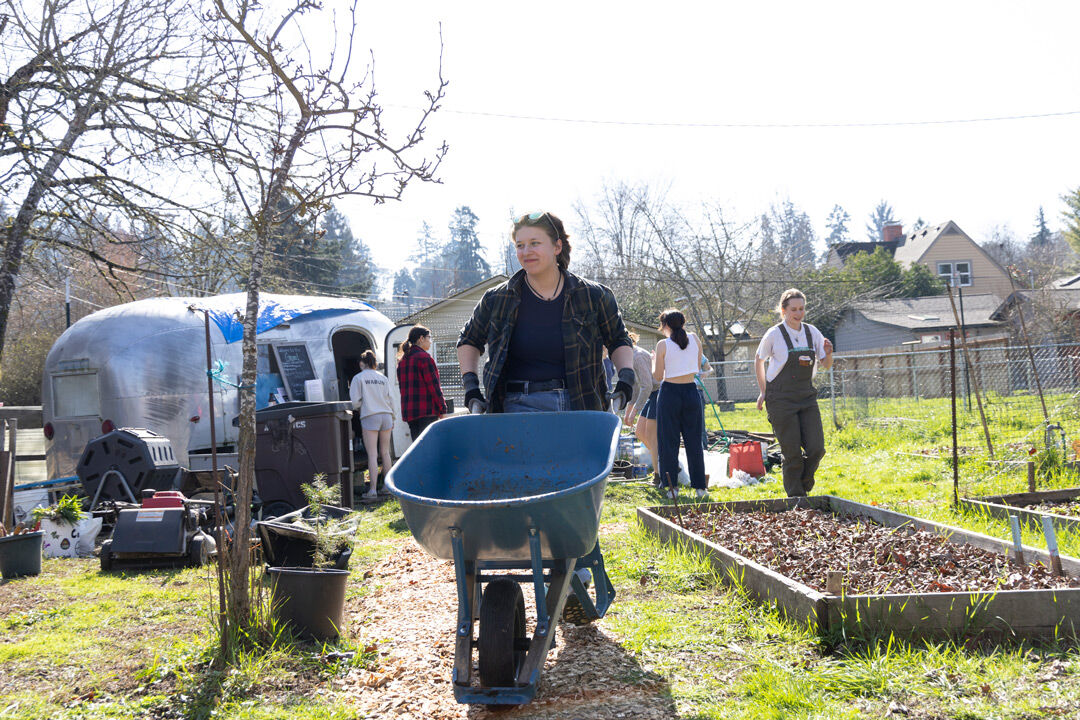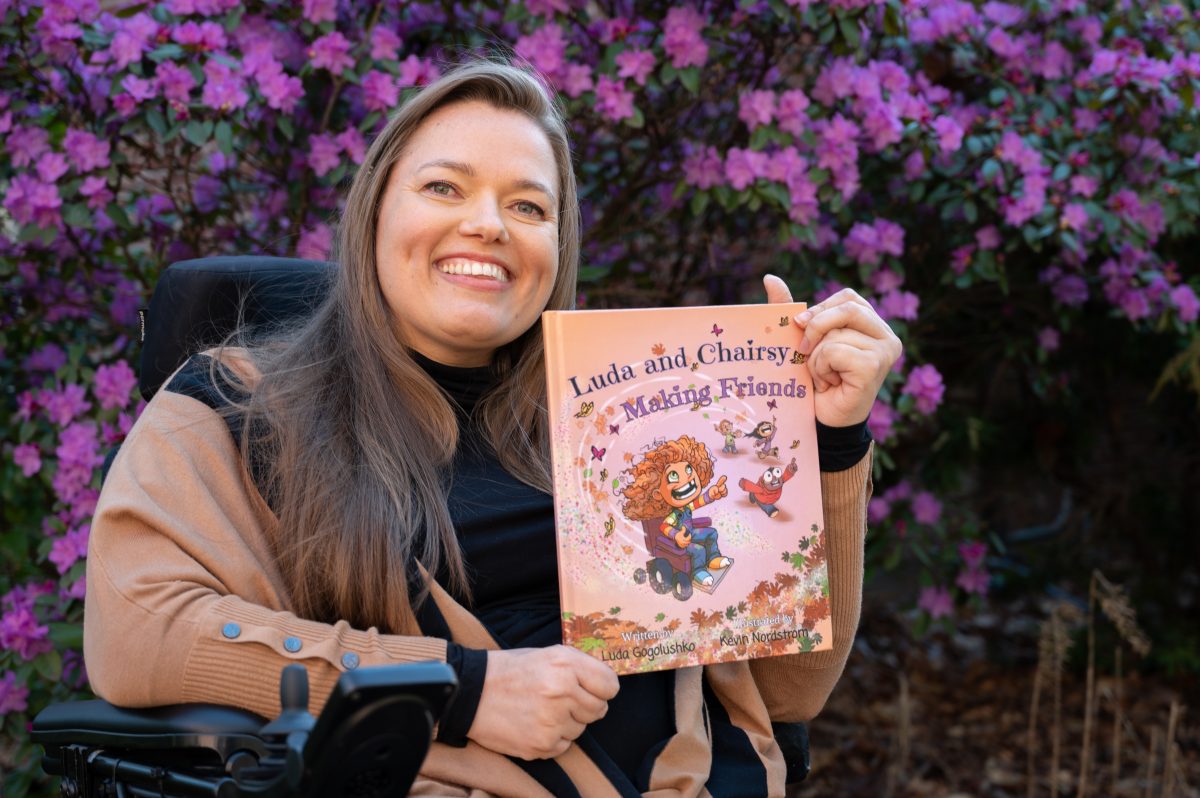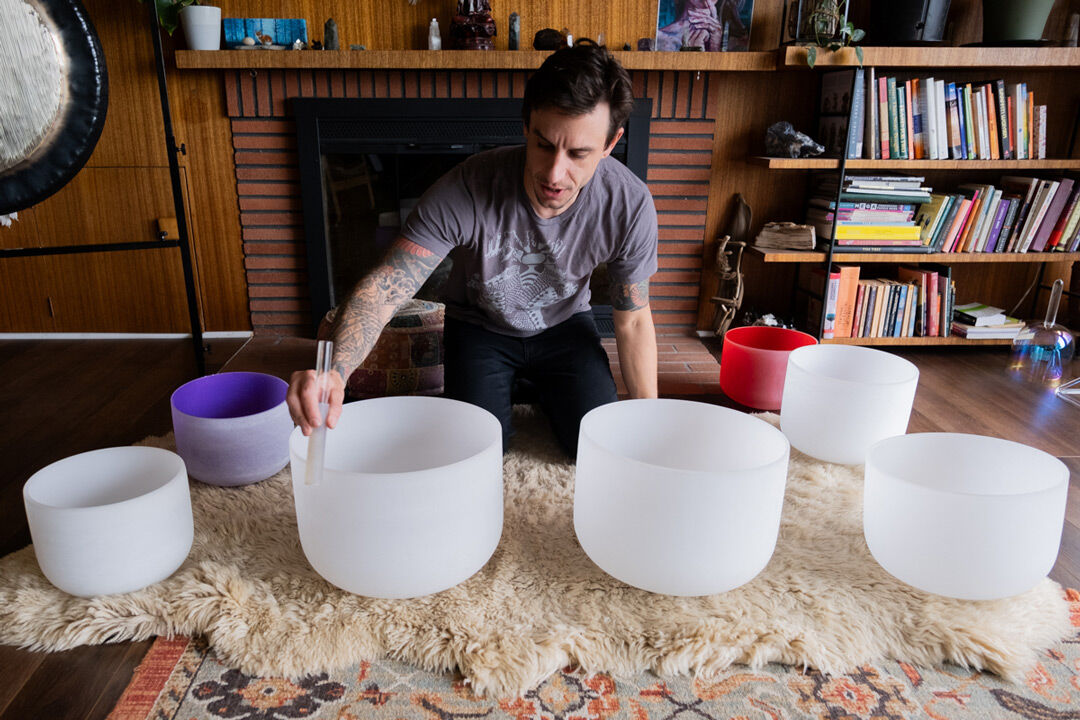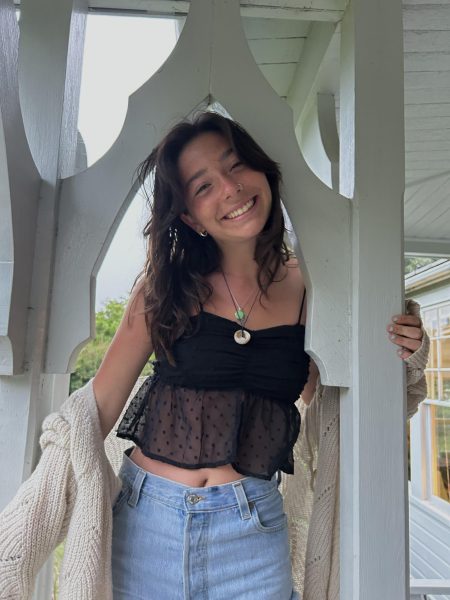As climate change knocks down our door, encroaching on all parts of the United States, the Environmental Studies Program shifts curriculum to mention recent climate crises in their class discussions and lectures. ENVS classes combine humanities and quantitative research spanning over many different topics from natural sciences to environmental ethics. However, as of recent, many faculty have battled with remaining sensitive while vocalizing the realities of climate change in the classroom. Many students and staff have felt conflicted approaching climate disasters in class conversations, especially since many students have been affected by those very climate crises. According to a survey conducted by Ethos, 57.1 % of University of Oregon students noted that conversations around climate change in their ENVS classes have left them feeling anxious.
In the early weeks of fall term, two hurricanes swept through the south. They not only prevented students from reaching their families but also left their communities and hometowns devastated. Tess Joerling — a sophomore in environmental and legal studies — is from Asheville, North Carolina. Not only was Asheville hit by Hurricane Helene, a tropical storm flooded the French Broad River which stretches along most of Asheville. These storms destroyed anything along the river, including the downtown area. After reading the news and hearing horror stories from home, Joerling attended her ENVS classes, where the devastation was discussed yet again.
“I think two days after the hurricane, maybe the first week of school, there was a lack of kindness surrounding how they were speaking about the hurricane and talking about it in a way that was almost inhumane, but there is also the side of it needing to be logistical for an environmental class.”
Joerling understands that ENVS classes often take quantitative, fact-based approaches to these events and she was used to it, however, when it came to her home, this point of view felt alienating.
“It’s super interesting because I’ve always seen and heard in my environmental classes, especially last year, about natural disasters hitting other places [with a scientific lens]. But when it’s your home and your people who you love, it’s definitely shocking and a little hard to hear when you’re in a class setting.”
Joerling emphasized that she recognizes this issue is not due to the professor’s lack of empathy, rather it’s a byproduct of constantly talking about the realities of climate change. When a topic is discussed ad nauseam, it’s easy to become desensitized. Joerling realized just how disheartening and triggering these classroom conversations were when they unfolded in her own backyard.
“Environmental classes are so important and so wonderful and I’ve loved taking them, but it’s also so hard to hear all the horrible things that are happening all the time. I think we need to stay very sensitive to all the information we’re receiving,” she said.
Mellissa Lucash, professor and research assistant in both geography and environmental studies, has shared these concerns with her classes, especially since one of her courses focuses on the ecological issues of global wildfires.
“We should all work on how we need to do a better job of being sensitive to people, especially those who could have lived through these terrible, wildfires [as] it could affect their view and their participation in the course,” Lucash said.
The ENVS program uses an interdisciplinary framework where classes cover natural sciences, social sciences and humanities. Lucash often wishes these courses could be taken together, allowing the three perspectives to provide valuable insights often overlooked in climate change discussions.
“I’d like to see more courses taught by both the biophysical, sort of natural side, and the social side. It’s a little challenging. But I think it would be great. We talk a lot about environmental studies of having these classes that are taught together, where you could bring both perspectives to one class rather than one,” Lucash said.
A common theme among all departments, but especially in the ENVS program, is the issue of overcrowded classes. Lucash often finds it difficult to build community in a class of 60 students, however, she has found some solutions in her classroom setup.
“[The students] seem like they feel a lot more comfortable working in small groups. My classroom is also set up nicely to do that. I know sometimes in these big classrooms where you have fixed seats, it’s really hard to have a real conversation,” Lucash said.
Madison Fowler, a doctoral student and GE teacher in the Environmental Studies program, emphasizes the importance of fostering a sense of community in the classroom, as it helps students feel safe enough to be vulnerable.
“I think that if you can build community in a classroom that it’s easier to be vulnerable with one another,” Fowler said.
Fowler is currently solo teaching the environmental ethics course, and they often find themselves anxious when talking about sensitive topics.
“Every time I have an anxious moment where I’m about to go into a classroom and we’re about to talk about some devastating stuff — whether that’s like climate change directly or whether it’s about colonial, imperialist, capitalist and white supremacist systems that create and maintain climate change — I always leave really invigorated by the way that my students come to the subject. It kind of makes me want to cry because I’m always so proud of the way we’re all coming together and we’re talking about it,” Fowler said.
However, Fowler has another approach when discussing climate change in their classroom, especially when it comes to the terminology they use around climate crises.
“I don’t use the term ‘crisis’ in my classroom. Part of that reason is because of a Pottawatomie scholar, Kyle White, who has this essay called “Against Crisis Epistemology.” Crisis thinking, or knowledge generated in the context of crisis, often is looking for quick solutions to issues that end up harming people in the long run, especially communities that are forcibly marginalized. I want to avoid having conversations that situate us in that crisis epistemology and instead I prefer to talk about how we navigate friction; how we organize regardless of the circumstances that we’re given,” Fowler said.
The reality of climate disasters can’t be ignored, but both students and faculty are working to make these conversations more thoughtful and supportive. By building stronger classroom communities, blending emotional and analytical approaches and rethinking how these issues are framed, the ENVS program is evolving. The goal isn’t just to educate — it’s to empower students to face these challenges with care, confidence and the tools to make a difference.


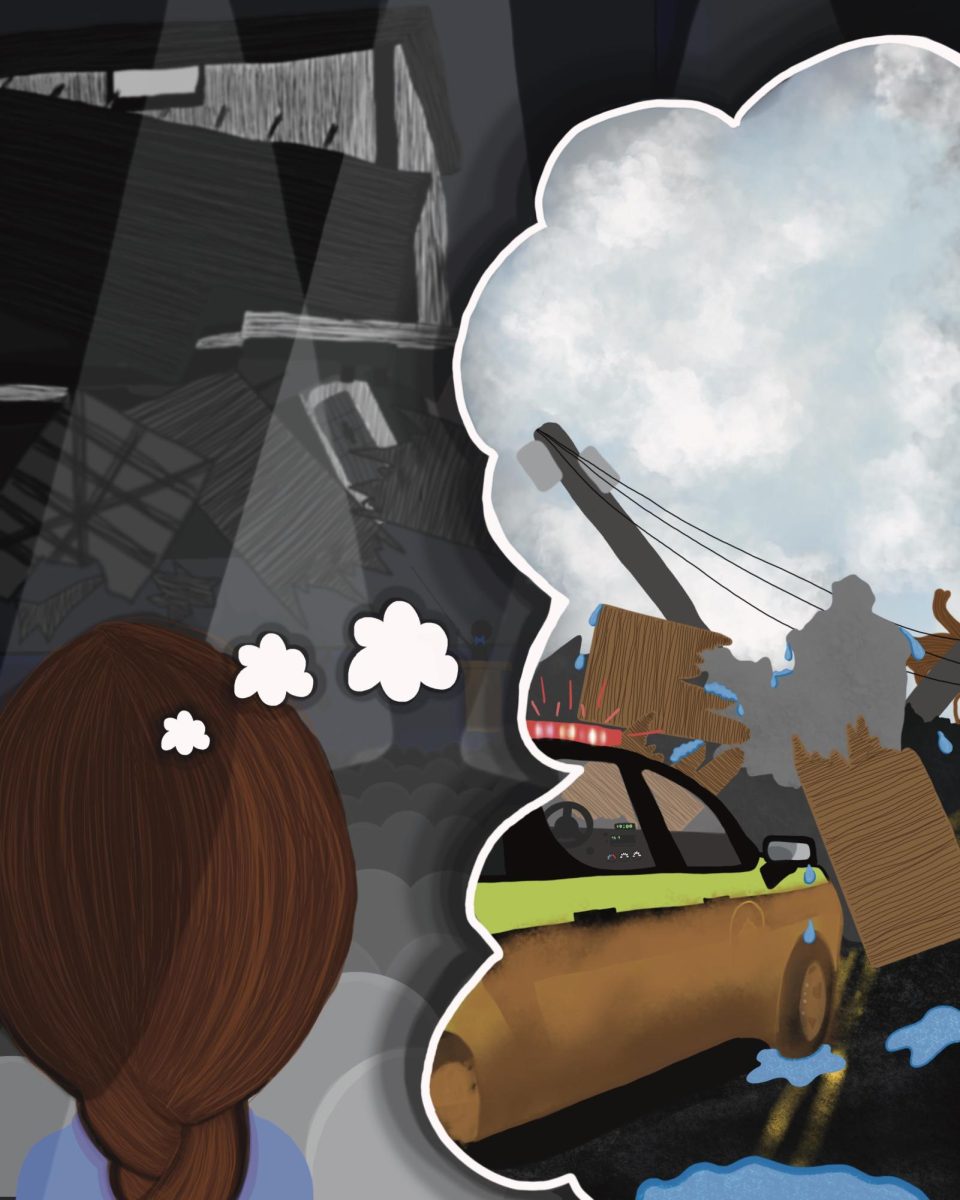


![[Photo Courtesy of the Lara Family]
Ruben embraces his beloved childhood goat, Katrina.](https://ethos.dailyemerald.com/wp-content/uploads/2025/05/katrina-1-1060x1200.jpg)



